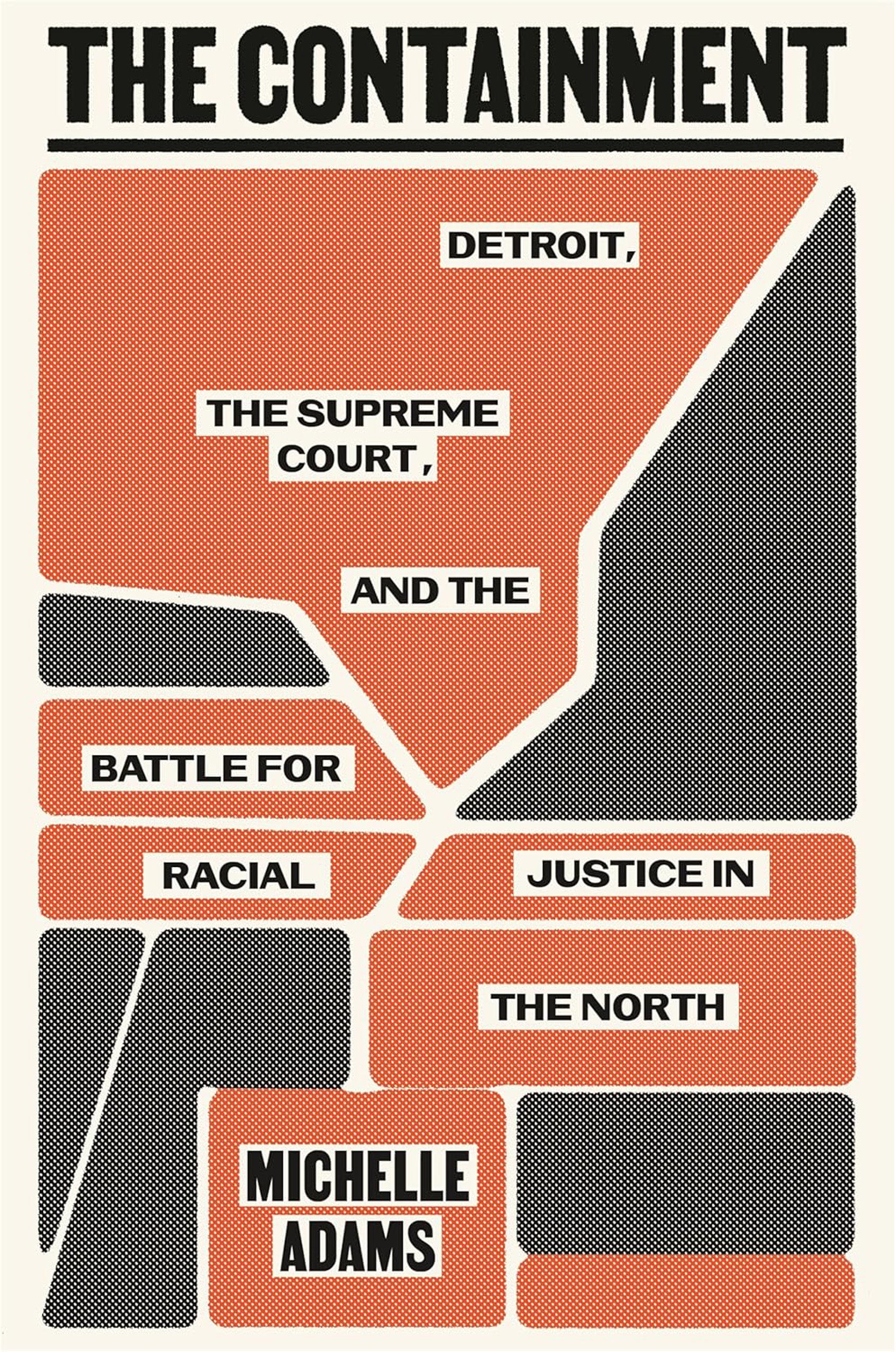
“The Containment: Detroit, the Supreme Court, and the Battle for Racial Justice in the North,” by Michelle Adams LL.M. ’94 (Farrar, Straus and Giroux)
A professor of law at the University of Michigan, Michelle Adams notes that her students don’t understand why the 1974 Supreme Court case Milliken v. Bradley was so important. The answer, she contends in her book, is that the case represents the end to the promise of Brown v. Board of Education. Milliken centered on a trial judge’s order that students in largely white suburban districts should be part of a plan to integrate schools in the author’s hometown of Detroit. The Supreme Court overruled the decision, determining that, absent evidence that those school districts engaged in racial discrimination, they could not be included in a redistricting plan designed to combat such discrimination in urban districts. The result led to a “separate but [un]equal” system that destroyed the chance for desegregation to benefit both Black and white students, she argues.

“Arbitration of International Disputes in New York,” by Peter Bekker LL.M. ’91 (JURIS)
Drawn from Peter Bekker’s international arbitration experience, including on the staff of the International Court of Justice and while teaching the subject as an adjunct professor, the book offers practical guidance to attorneys, in-house corporate counsel, arbitrators, and judges involved in international arbitration in New York. It covers topics such as the U.S. Federal Arbitration Act and the role of New York courts in international arbitration, with the final part of the book devoted to contractual arbitration clauses. Charles N. Brower ’61, a judge of the Iran-United States Claims Tribunal, writes the foreword.
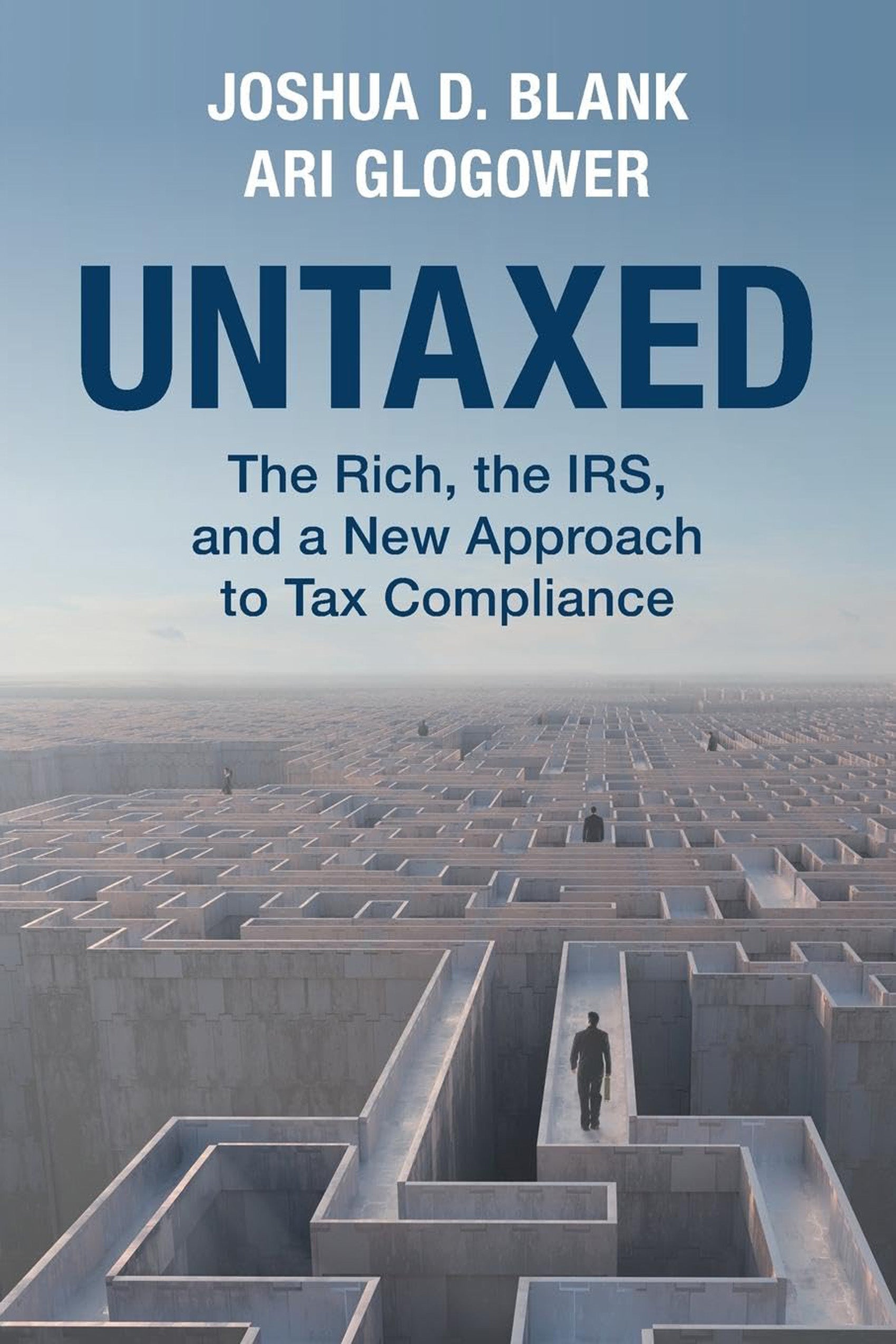
“Untaxed: The Rich, the IRS, and a New Approach to Tax Compliance,” by Joshua D. Blank ’02 and Ari Glogower (Cambridge University Press)
The authors, both law professors (Joshua Blank at the University of California, Irvine School of Law), argue that tax enforcement against the rich in the United States is in crisis, because of both abusive tax avoidance and the difficulty the IRS has in enforcing tax law. High-end tax noncompliance contributes to higher taxes for the less wealthy, a ballooning national debt, less money for public investments, and lower morale, they write, and novel solutions are needed to ensure everyone pays their fair share. As a remedy, they propose that Congress and the IRS adopt a new approach to tax compliance rules that would be means-adjusted based on the income and wealth of taxpayers (for example, high-end taxpayers would be subject to higher penalty rates for understatements and fraud).
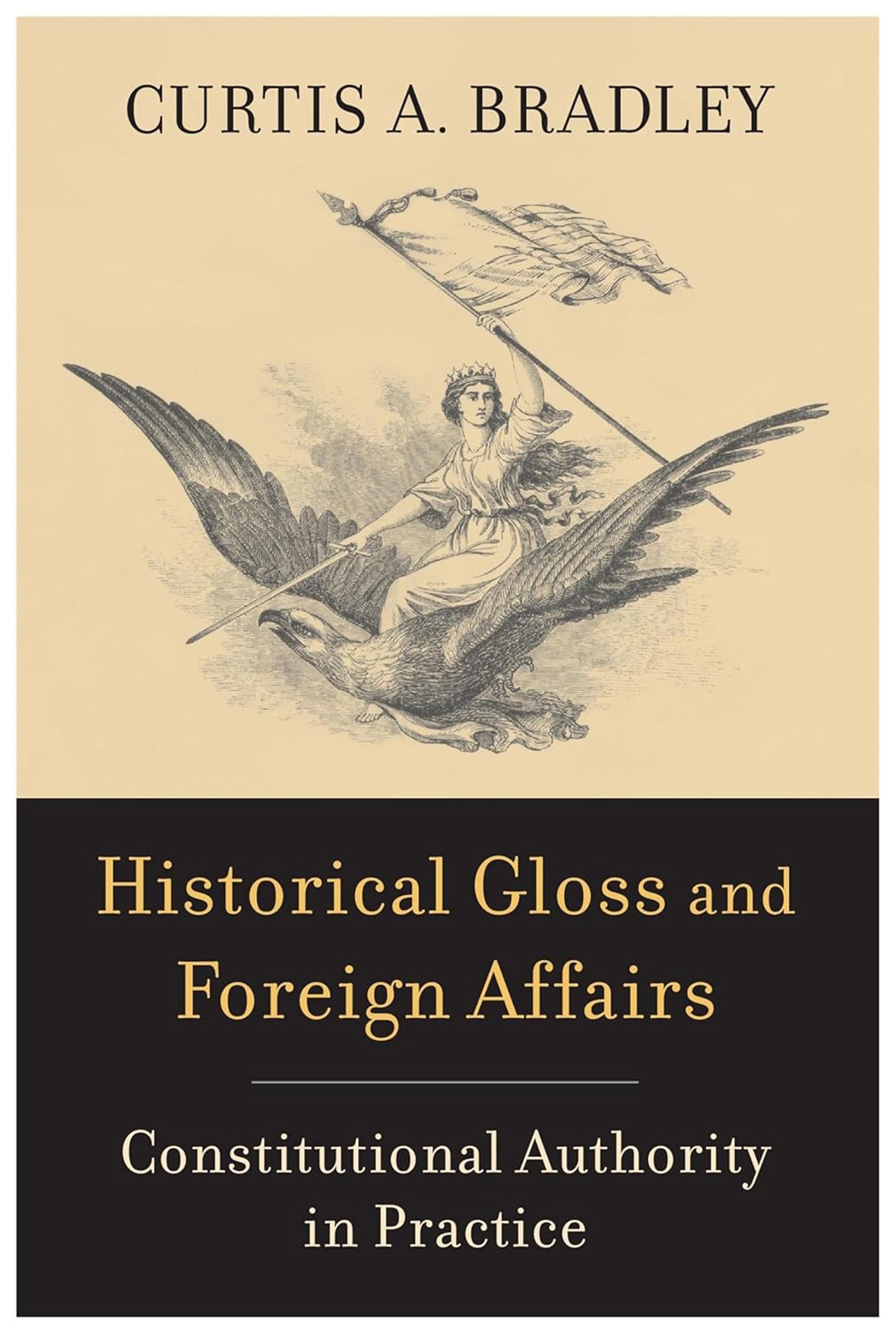
“Historical Gloss and Foreign Affairs: Constitutional Authority in Practice,” by Curtis A. Bradley ’88 (Harvard University Press)
The writers of the U.S. Constitution did not anticipate that the then-fledgling republic would become a global superpower, and no amendment since its ratification relates to the foreign affairs powers of the government, notes Curtis Bradley, a professor of law at the University of Chicago. The result is that, in a world now facing threats from nuclear proliferation and cyberwarfare, “the United States conducts international relations with a horse-and-buggy constitution.” Therefore, participants in constitutional interpretation in this arena often reason based on historical practices of Congress and the executive branch rather than the text or original understandings, a practice he calls “‘glossing’ the meaning of the Constitution.” He examines this dynamic as it relates to issues such as recognizing foreign governments, the power to terminate treaties, the authority to use military force, and congressional power over foreign affairs.
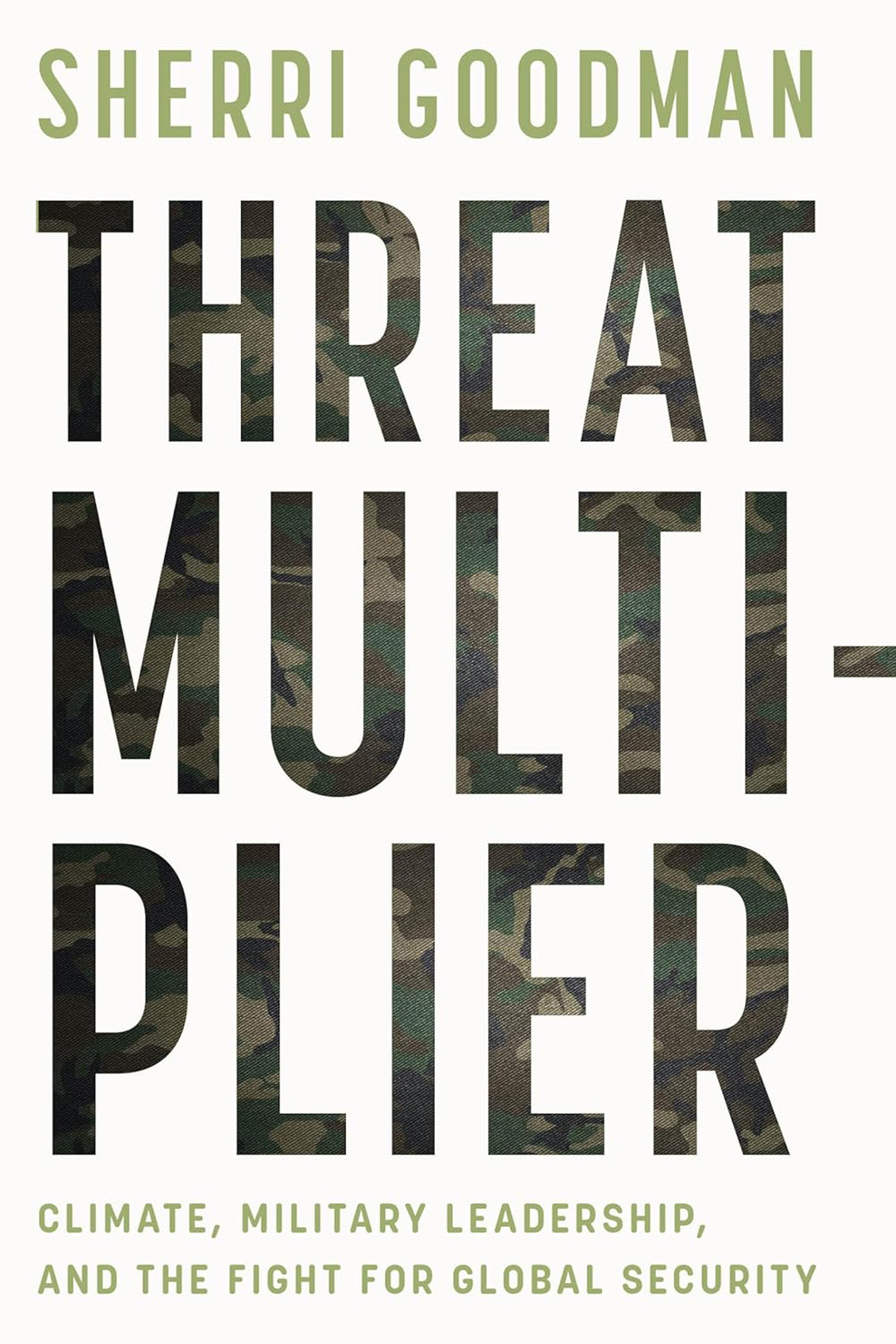
“Threat Multiplier: Climate, Military Leadership, and the Fight for Global Security,” by Sherri Goodman ’87 (Island Press)
When Sherri Goodman was named the first deputy undersecretary of defense (environmental security) in the 1990s, the creation of the position signaled a growing recognition from military leaders and civilian officials that environmental protection and military readiness were intertwined. Now secretary general of the International Military Council on Climate & Security, Goodman assesses the increasing threat to global security caused by climate change. In the book, she describes how melting ice in the Arctic exacerbates tensions between nations, how extremists weaponize water shortages in Africa and the Middle East, and how mineral mining can undermine fragile states in Latin America. In addition, she tracks U.S. military efforts to reduce the nation’s use of fossil fuels and to ready its bases to address climate threats. She offers recommendations on integrating climate efforts into national security, which she says will provide the best defense for the country.
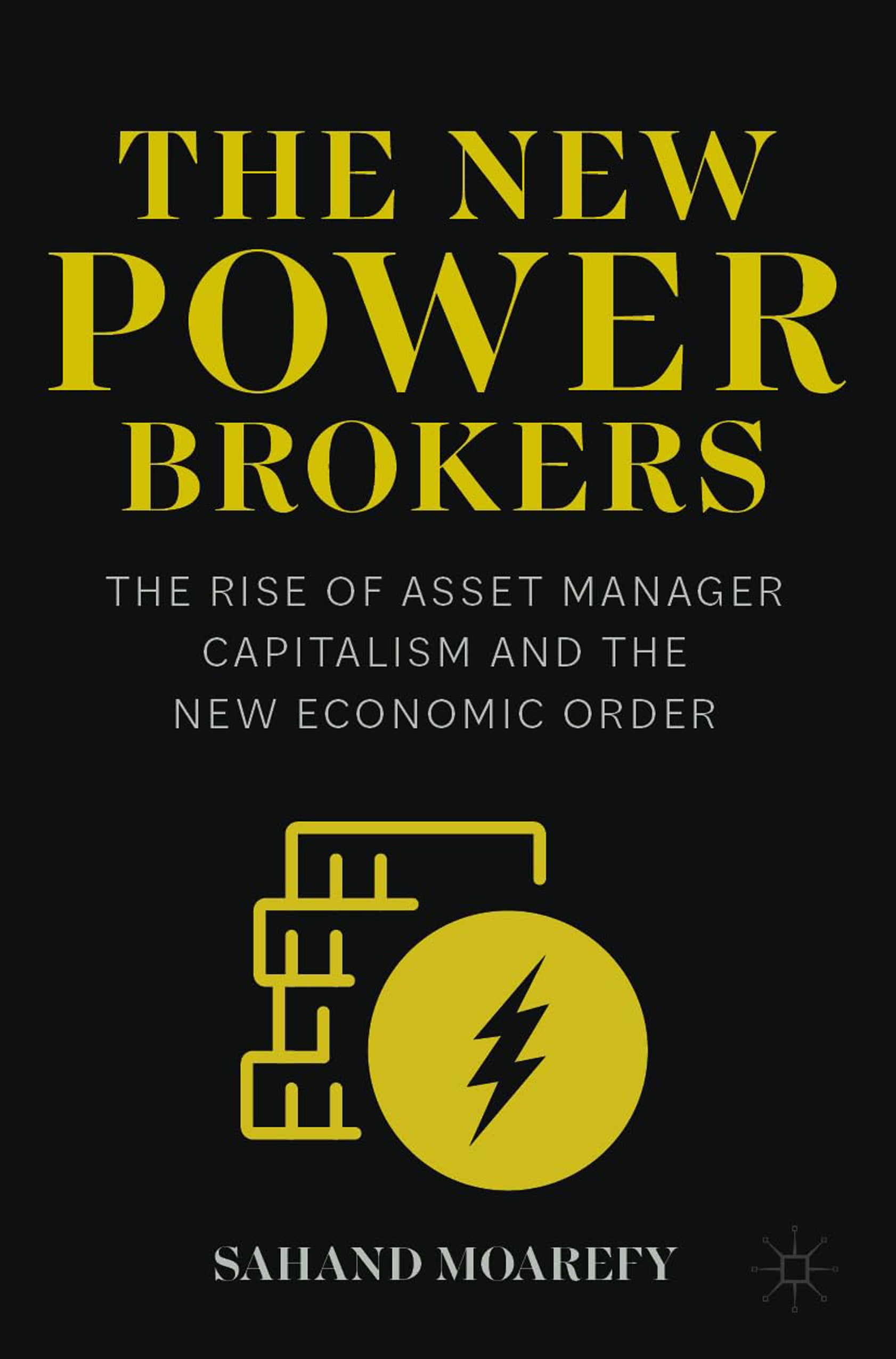
“The New Power Brokers: The Rise of Asset Manager Capitalism and the New Economic Order,” by Sahand Moarefy ’16 (Palgrave Macmillan)
Institutional investors, which now own a substantial majority of corporate equities, have gained growing power over America’s public companies and reshaped corporate America, writes Sahand Moarefy. The author, a corporate attorney, describes how this development arose, from the evolution of the American corporation through the 19th and early 20th centuries to the rise of asset managers over the last 50 years. Their influence has included an emphasis on short-term returns, which has discouraged long-term strategies like research and development, and on advocacy for a new stakeholder capitalism that focuses on the interests of corporate constituencies beyond only shareholders. Large-asset managers, he writes, “have come to function as political actors that wield substantial influence over the economy and society as a whole.”
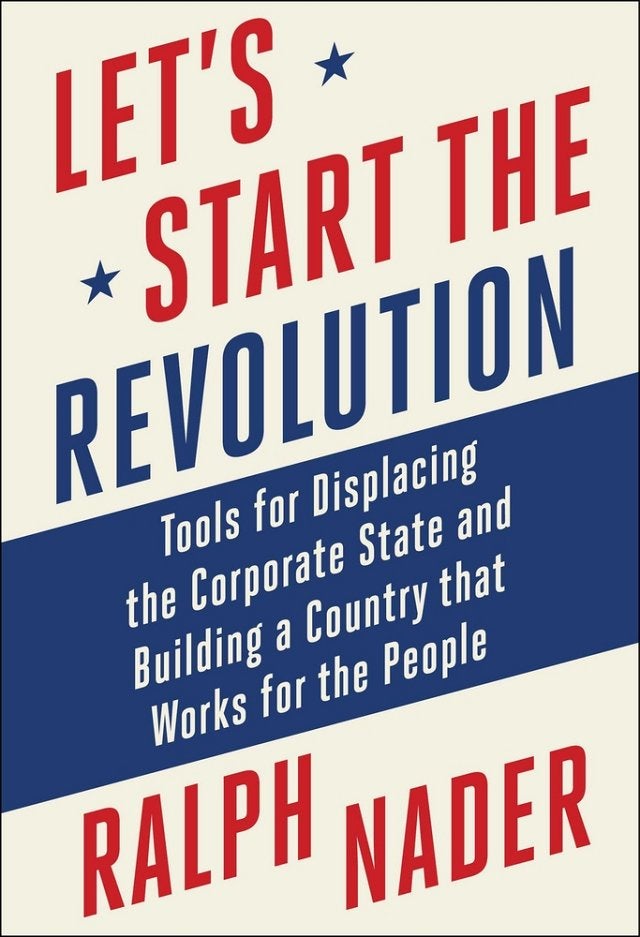
“Let’s Start the Revolution: Tools for Displacing the Corporate State and Building a Country that Works for the People,” by Ralph Nader ’58 (Skyhorse Publishing)
Consumer advocate and former presidential candidate Ralph Nader critiques the Democratic Party, which he contends has been compromised by corporate interests, and offers ideas and actions for change that he says will benefit people who have become alienated from the party. In a book published last summer, he advocates reforms that he believes have widespread support, including adjusting the minimum wage to account for inflation, adopting more robust policies for the protection of the environment, and reforming health care. He also advises candidates to contrast their records with those of their opponents and paint the Republican Party as opposing popular advances in recent history. “The more the Democratic Party focuses on ‘kitchen-table’ improvements where people live, work, and raise their children, the more a left/right support pattern replaces the GOP’s empty promises with vague or fabricated cultural values,” writes Nader.
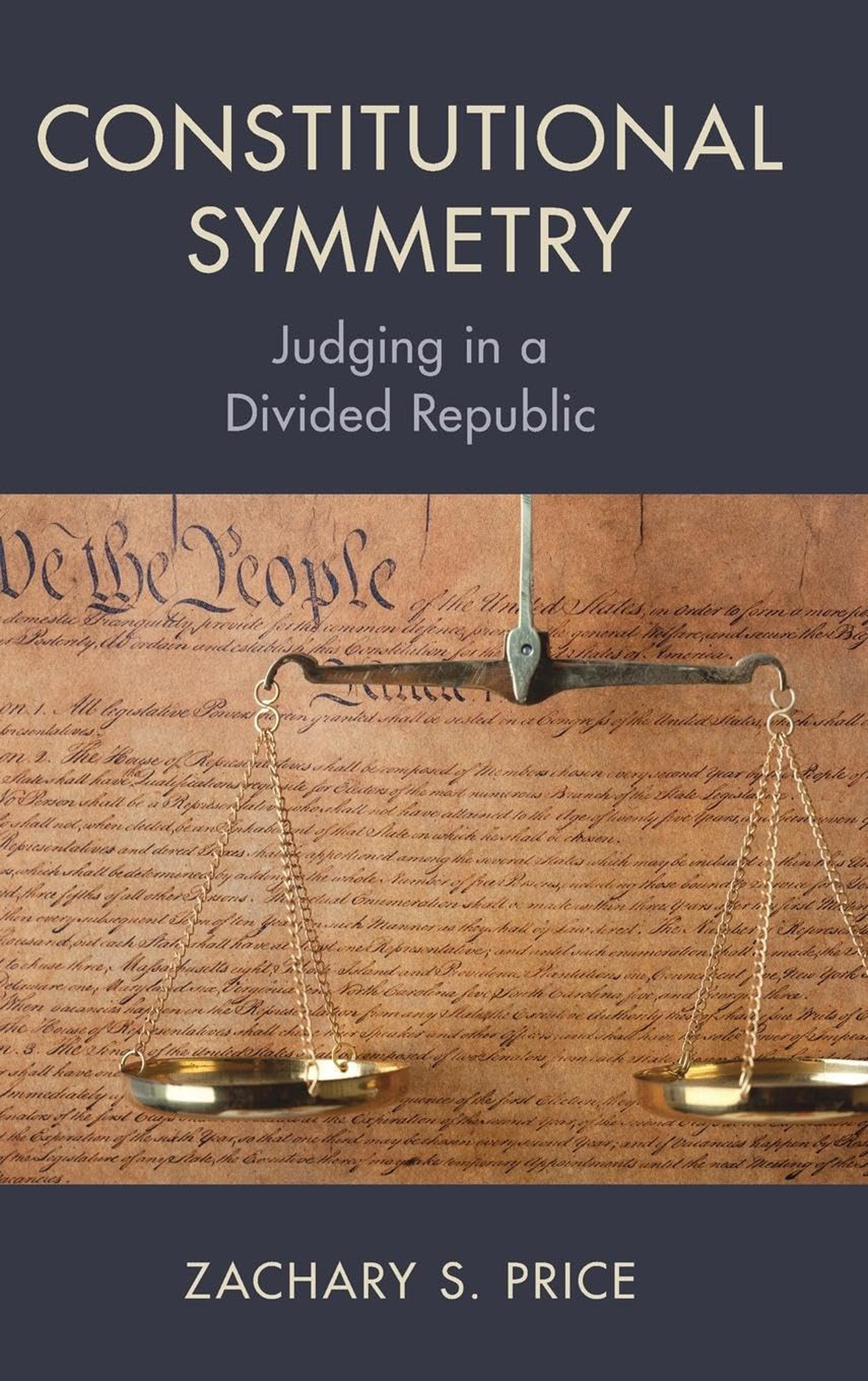
“Constitutional Symmetry: Judging in a Divided Republic,” by Zachary S. Price ’03 (Cambridge University Press)
The Constitution has increasingly become a vehicle for political conflict, according to Zachary Price. To reduce divisions, he advocates for judges to favor “constitutional understandings that offer equivalent — that is, symmetric — protection in parallel circumstances on opposite sides of major partisan and ideological divides.” A professor at University of California College of the Law, San Francisco, he explains why he believes judges should embrace symmetry and illustrates how courts might practice it. Some areas of constitutional law are more conducive to symmetry, he argues, such as First Amendment protection that guarantees content neutrality. Yet, he also outlines how symmetry can be employed in areas rife with political disagreement, such as equal protection and the right to bear arms. Although deep differences are likely to persist, courts should focus on upholding “the apolitical commitment to law on which their authority depends,” he writes.

“Hot Flash: How the Law Ignores Menopause and What We Can Do About It,” by Emily Gold Waldman ’02, Bridget J. Crawford, and Naomi R. Cahn (Stanford University Press)
Long seen as a taboo topic, menopause affects individuals, workplaces, health care, and society. Law has a role in breaking the stigma and improving conditions for the people who experience it, according to the authors (co-author Emily Gold Waldman is a professor of law at Pace University). “Understanding menopause’s multiple intersections with everyday life and law is crucial to achieve a more robust economy and inclusive society,” they write. In their book, they examine discrimination in the workplace based on menopause and how workplaces can evolve to address the needs of menopausal employees. They also discuss the experiences of queer, trans, and gender-diverse people, and the sometimes dubious products and services businesses have promoted to address menopause. To achieve reform, they write, we need to consider how menopause intersects with sex, age, disability, race, and gender.
